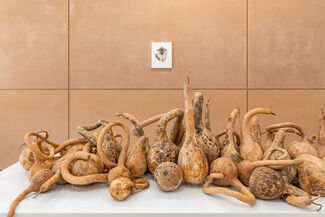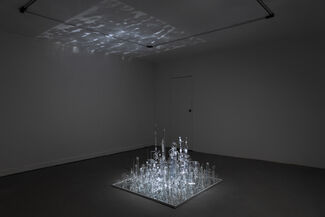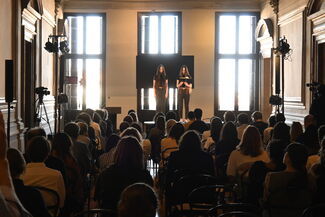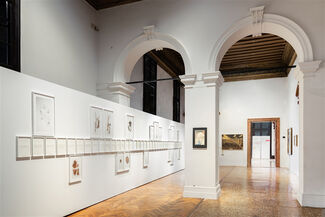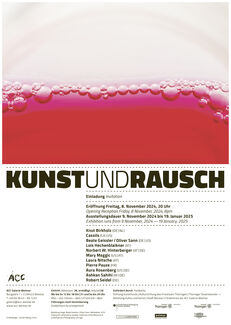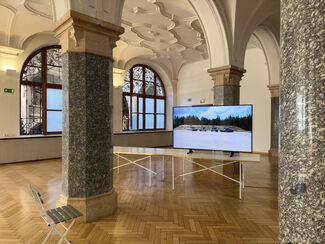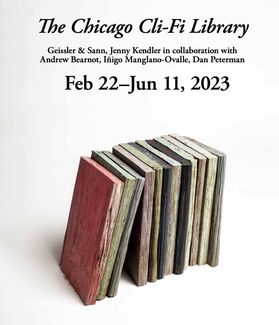

Oliver Sann
Professor
Contact
Bio
Oliver Sann (he/him) is an artist and educator. In his work he is interested in exploring entanglements and interdependencies in the world and how human actions transform the planet and how those transformations alter our existence. His work concentrates on inner alliances of knowledge and power, their deep links in western culture and the escalation in and transformation of human beings through technology. The themes of his work are drawn from observations about climate change and its most significant contributor, the human being. Seeking indicators, embedded traces of human interaction, social habit, and shared emotional states is at the core of his work. This part of his research is as much informed by the discipline of cultural studies, with its emphasis on locality and specificity, as it is by his commitment to give expression to global issues of contemporary relevance, especially the socio-economical effects of climate change and global trade. Oliver is interested in the shapes of collectivity, and in the collective structures of individuality. He believes that Art transforms cognition into experience and practice into cognition, making invisible processes available to our perception.
Awards: Oliver has been the recipient of a number of grants and awards, including: the Videonale Award from the Museum of Art, Bonn, Germany; the Herman-Claasen-Award (Cologne, Germany); production grants from the Graham Foundation, Chicago and a Humanities Without Walls Grant; he is an active participant of the project Mississippi: An Anthropocene River and was awarded a residency at the Max Planck Institute for the History of Science in Berlin.
Publications: Together with Beate Geissler, they published four monographs: Return to Veste Rosenberg (2006), Personal Kill (2010), Volatile Smile (2013) and the “bio-adapter / you won’t fool the children of the revolution” (2019).
Exhibitions: Together with Beate Geissler—Oliver Sann’s longtime collaborator—his work has been exhibiting nationally and internationally in museums, galleries, and alternative spaces, including: the Renaissance Society at the University of Chicago; the Museum of Contemporary Photography, Chicago; the Fotomuseum Antwerp; the NGBK (New Society for Visual Arts) in Berlin; the National Taiwan Museum of Fine Arts; the Fotomuseum Winterthur in Switzerland; the Museum Ludwig in Cologne; MAST Foundation in Bologna, Italy; and the German Pavillion at the Photography Biennial Dubai, UAE, the Haus der Kulturen der Welt, Berlin, the Neubauer Collegium for Culture and Society at University of Chicago and the Prada Foundation, Venice.
